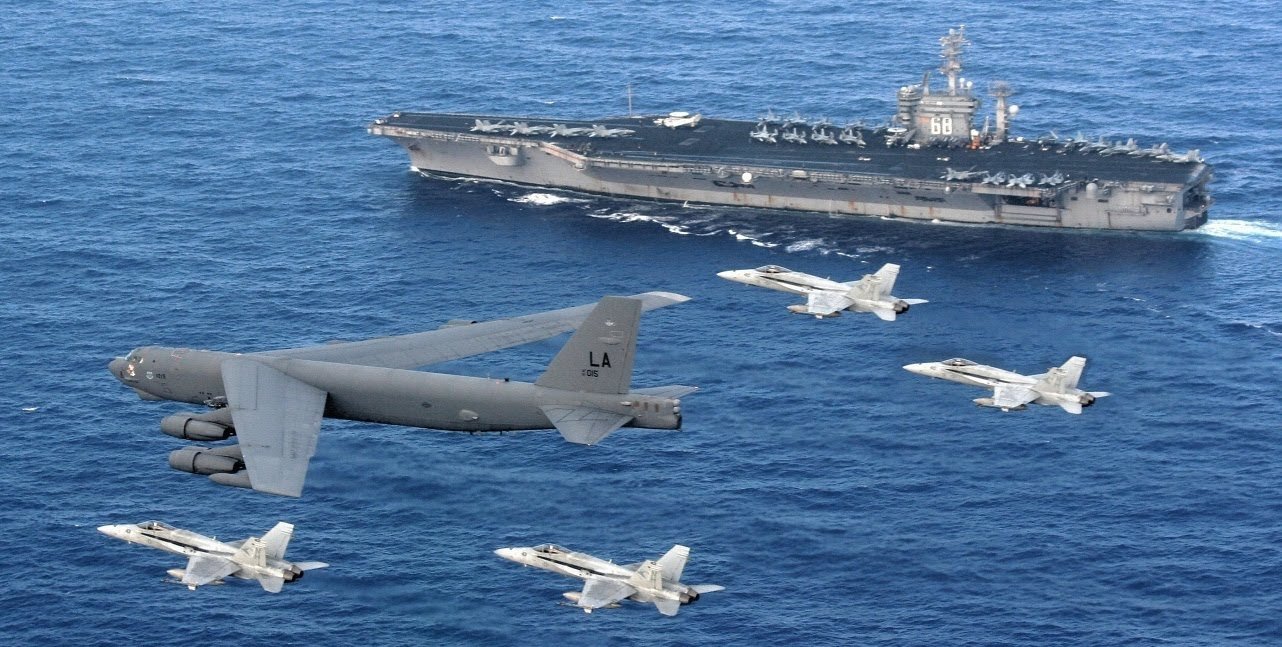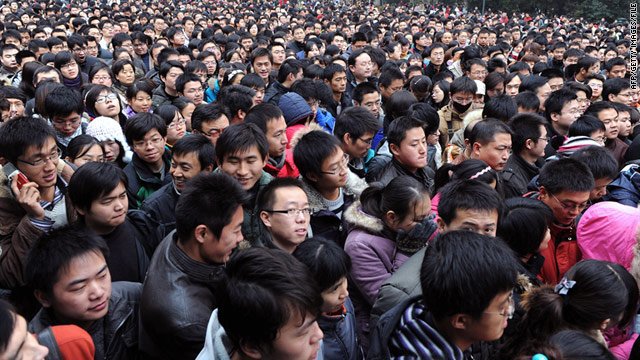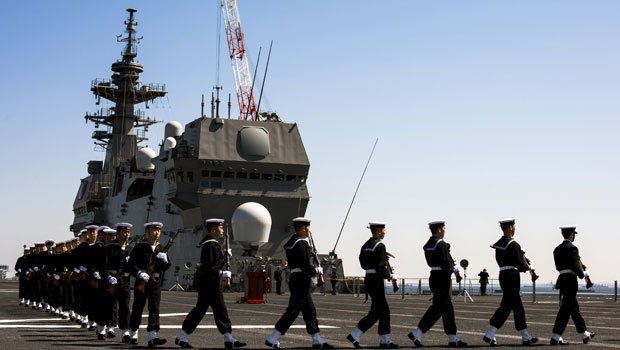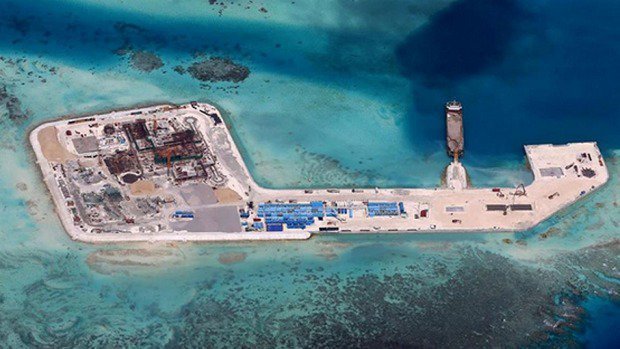4. There will be four Europes

3. Germany is going to have problems
The German economy is largely dependent on export which has largely benefited the nation from the continent-wide trade liberalization enabled through the EU and the Euro, but that simply means the country has the most to lose from a terrible Euro crisis and the resulting wave of ‘Euroscepticism’.

The Decade Forecast talks about four Europes that will become increasingly estranged from one another – Western Europe, Eastern Europe, Scandinavia and the British islands. They will still share the same neighbourhood, but they won’t be as close to each other as they were before. The European political, economic and military relations will be governed mostly by bilateral or limited multilateral relationships that will be small in scope and not binding.

5. The US will have to use it’s military to secure the country’s nukes
The breakout of Russia’s nuclear-weapons stockpile will be “the greatest crisis of the next decade,” And it will be left upon the United States to decide what to do about it, even if it means dispatching ground troops to secure loose weapons, materials and missiles.

6. China will face a huge problem
As economic growth slows, China may experience a rough decade leading to widespread discontent towards the ruling Communist Party. But the party will not liberalize, instead it will only increase internal oppression. Geographically, China’s growth hasn’t been distributed evenly. Coastal cities are thriving, but China’s interior is very poor and has no access to international markets.

7. Turkey and the US will have to be close allies
As per the report, “Turkey will continue to need US involvement for political and military reasons. The United States will oblige, but there will be a price: participation in the containment of Russia. The United States does not expect Turkey to assume a war fighting role and does not intend one for itself. It does, however, want a degree of co-operation in managing the Black Sea.”

8. Japan will be Asia’s rising naval power
Japan has a history of maritime tradition and as an island nation it is mostly dependent on certain imports. China is ambitious about its own navy and in it’s pursuit it may became even more aggressive in controlling the shipping routes in the East China and South China seas and Indian Ocean that Japan depends upon. Japan will have no option but to project power into the region to counter China and protect its supply routes. With US power declining, it will have to do this on its own.

9. The South China Sea islands won’t start a war but there’s a catch
According to the report, “An old three-player game will emerge. Russia, the declining power, will increasingly lose the ability to protect its maritime interests. The Chinese and the Japanese will both be interested in acquiring these and in preventing each other from having them.”

10. There will be 16 mini-Chinas
This is actually a good news for a handful of countries. As China’s economy slows down, the entry level manufacturing jobs that China used to gobble up will be passed down to 16 emerging economics with a combined population of 1.15 billion. So while China’s growth will stall, leading to unforeseeable political and economic consequences, countries like Mexico, Nicaragua, the Dominican Republic, Peru, Ethiopia, and Indonesia could see improved economic fortunes over the next decade as more manufacturing jobs arrive.

11. USA’s power will decline
“The United States will continue to be the major economic, political, and military power in the world but will be less engaged than in the past,” the forecast says. “It will be a disorderly world, with a changing of the guard in many regions. The one constant will be the continued and maturing power of the United States — a power that will be much less visible and that will be utilized far less in the next decade.”

There’s only one way to find out if all this is true. Wait and watch, my friends, wait and watch.

















